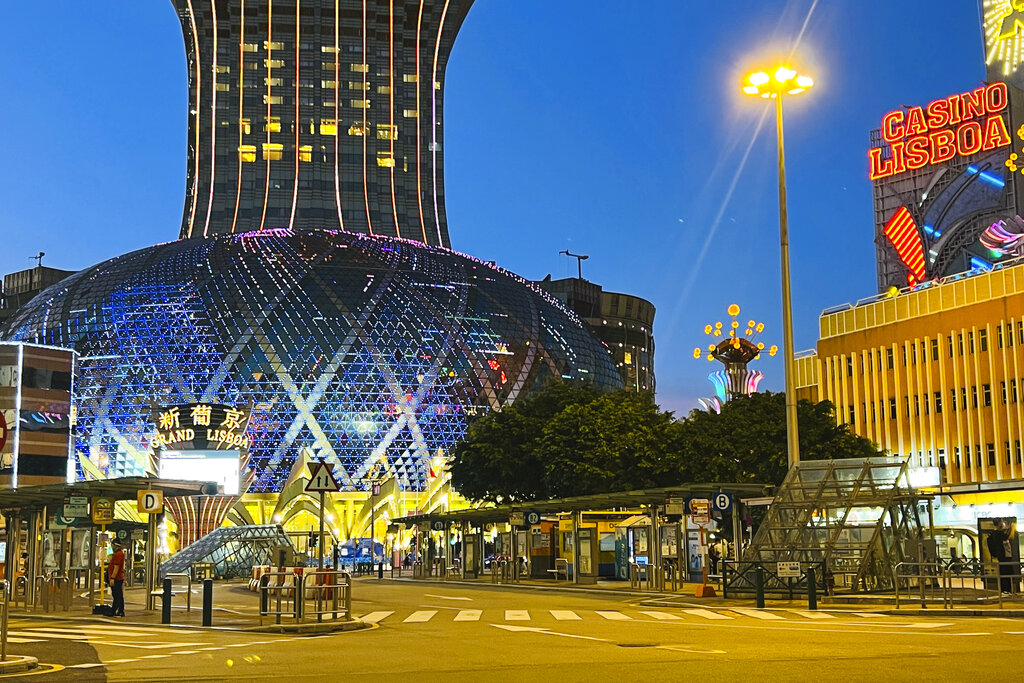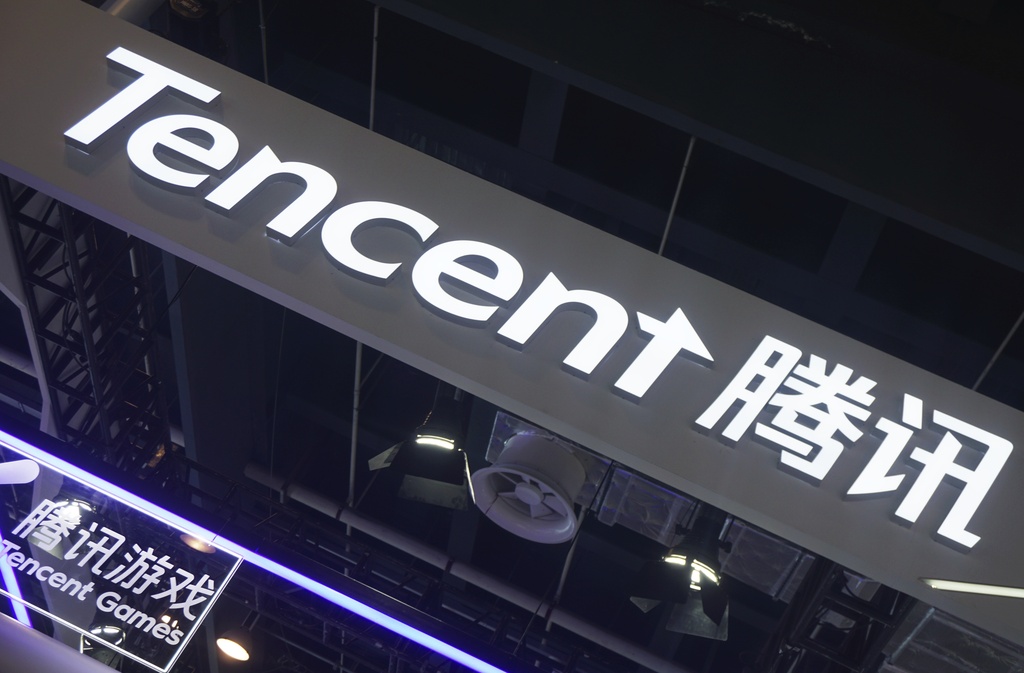
In a surprise move, Malaysia’s Genting Group participated in Macau’s gaming concession bidding, stirring up speculation on which of the seven bidding firms will be left out. There are only six licenses up for grabs. This situation has added to the uncertainty already plaguing the sector after the Macanese authorities stepped up their scrutiny of the casinos – which are seen as the lifeline of the Chinese city.
Will Genting’s License Bid Stand a Chance?
While Genting is Malaysian, it has built a strong presence in global gaming and has a successful track record in branching out into non-gaming businesses, such as leisure and hospitality, according to Jennifer Song, senior equity analyst at Morningstar. However, she thinks Genting’s casino operation history may not be the sole factor considered by the Macanese government when deciding on the next batch of licenses.
“We think it is unlikely that Macau government will rule out any of the six, if they meet the requirements of the new concession tendering process,” she says.
Genting and the six existing operators have confirmed that they are competing for six concession licenses. “Genting’s bid is unlikely to threaten the existing players’ competitiveness in the tendering process, as the six have supported Macau’s economy and have provided employment in the city for two-decades now, including during the more than two years’ downturn resulting from COVID-19 restrictions,” explains Song.
As a result, Song hasn’t changed her base-case scenario, where all six existing casino operators would be granted new gaming concessions. Her fair value estimates of Macau casino operators have been retained.
What if One of the Six Lose Their License?
But what happens if the Macanese government ends up granting Genting a license and replacing one of the existing firms? Which operator is most likely to lose its license – and what would be the immediate and long-term impact on the loser?
“If the base-case situation does not play out, we believe the share price of the loser would fall sharply, as most of its properties and facilities will be handed over to the government and its valuation would be close to its remaining book value,” Song says.
According to her, Wynn Macau is a relatively weak player in the tendering process. “The sharp underperformance of Wynn Macau on Genting’s announcement reflects concerns over its VIP-focused business structure, which may not bode well for the company's prospects in bidding against Genting,” she says.
On Sept. 15, Wynn Macau fell 7%, versus the 1%-2% drop of peers. The share price weakness extended through Sept. 21 as Wynn Macau slid another 3%.
However, the Macau government would take into consideration the license holders’ contribution to the overall economy, employment, and social responsibility, as well as its efforts in growing its nongaming income. For example, the nongaming income made about 15% of Wynn Macau’s total revenue pre-pandemic, ranking second among the six casino operators, just below Sands China.
Song says, in the case of terminating operations of any existing license holders, the Macau government will have to deal with the fallout, especially if the current operators meet all the tender requirements, and given that Genting has no experience in operating in Macau.
What if Genting does not get a License?
While the likelihood of disrupting the Macau casino scene exists, even if it does not happen, it’s still a plus for Genting to take a share in the Macau’s gaming scene.
“Genting has long been keen on a Macau casino license —it participated in the 2002 license bidding and also intended to partner with SJM Holdings (00880) in 2007 to operate a casino in Macau,” Song says.
Genting’s footprint spreads across Malaysia, Singapore, the Philippines, the U.K., the U.S., and the Bahamas. Its portfolio of diversified business, especially its engagement in the non-gaming business, is aligned with the Macau government’s direction to diversify the city’s economy away from being a global gaming center to becoming a global entertainment center.
A partnership between Genting and one of the existing players could be a workaround. For example, in Song’s view, forming a joint venture would strengthen the competitiveness of both parties in winning a bid. “In a joint-venture scenario, we think a Genting-SJM partnership would be a strong bidder, with Genting's successful track record in the global market helping SJM to improve its competitiveness.”
Factoring In Policy Uncertainties
Given the overhanging concerns on the pace of Macau's recovery and new concession tendering process, Galaxy Entertainment (00027) and Sands China (01928) are believed to be best positioned to win concession renewals. These two narrow-moat firms are trading 3- and 4-star rating, respectively.
At this valuation level, the policy overhang is already factored in. A year ago, Morningstar analysts adjusted the fair value uncertainty rating for the Macau gaming companies to ‘very high’ from ‘high’. For the six active license holders, Morningstar analysts assigned a 22%-45% trim in their fair value estimates.
Morningstar analysts believe that while China’s zero tolerance against Covid remains the policy direction, the visibility for the sector to recover is clouded. In a worst-case scenario of a further two-year delay in recovery, analysts would consider a further downgrade of the sector’s fair value estimates. At present, an undervaluation of Macau gaming stocks factors in a gradual relaxation of border restrictions by year-end.
Most recently, casinos are among the short-sellers’ target. All six names have a short position, with the most shorted stocks being Wynn Macau (3.2% of shares shorted). SJM Holdings (2.8%) and Galaxy Entertainment (2.5%) followed.












.png)





.jpg)





